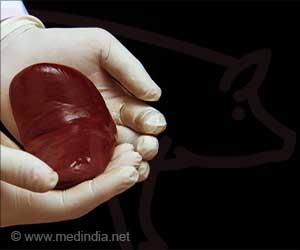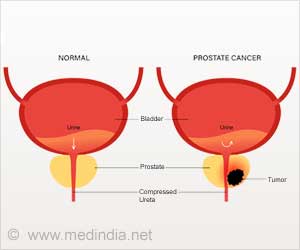A joint study conducted by researchers at Dana-Farber Cancer Institute, Johns Hopkins University and Yale University has identified a cancer drug.

The clinical trial involved 107 patients with advanced melanoma that no longer responded to other treatments. They received nivolumab intravenously every other week for up to 96 weeks. After one year, 62 percent of the patients were alive. After two years, 43 percent were alive.
"These are striking results for patients with metastatic melanoma," said the study's senior author F. Stephen Hodi, MD, director of the Melanoma Treatment Center at Dana-Farber. "This study provides the first demonstration of the long-term benefits this treatment approach can produce."
Nivolumab is one of a new generation of drugs that essentially releases the brakes on an immune system attack on cancer. The drug blocks PD-1, a protein on immune system T cells that restrains them from leading a charge on tumor cells. By interfering with PD-1, nivolumab allows the attack to proceed.
The side effects of the treatment were consistent with those observed in previous studies of the drug. The most common adverse experiences were fatigue, rash, and diarrhea, most of which occurred in the first six months of therapy. Prolonged exposure to the drug didn't produce cumulative negative effects, the investigators report.
One of the most noteworthy findings of the study is that, in many patients, tumors either remained the same size or continued to recede even after the treatment period was over. "This suggests that blockade PD-1 may reset the equilibrium between the immune system and the tumor, keeping tumor growth in check," remarked Hodi, who is also the director of the Center for Immuno-Oncology at Dana-Farber.
Advertisement
The effectiveness of nivolumab in these patients suggests that combining the drug with other immune system-based therapies may prove even more potent, the authors indicate. Clinical trials are already under way to assess such a combined approach.
Advertisement
Source-Eurekalert












